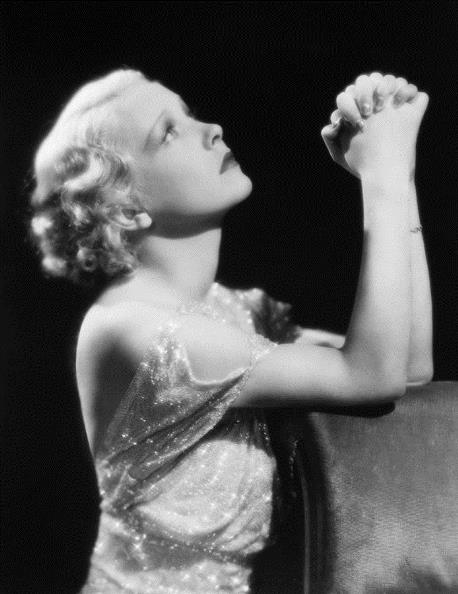Why We Should No Longer Celebrate The Concept Of Damsels In Distress.
{Photo credit: fineartamerica.com}
I recently viewed a horror movie with a friend last weekend. The movie disturbed me so much that I was left judging my friend.
How on earth could she possibly find pleasure in this?! Afterwards, I saw the error in my judging ways. Maybe the reason I was left judging her was because I couldn’t see the pleasure in this movie? Society does this all the time; we judge the viewer, we damn the violence, and we tease the adults in a teenage fan base.
We judge them for what they enjoy because we can’t find the same enjoyment. I have actually always quite enjoyed the horror genre; I find an exciting thrill surge through me in being harmlessly scared. But, lately I find it lacking in so many ways.
First and foremost, it lacks creativity. Movies in the horror genre are hopelessly similar. Everyone gets gored to death in newfangled ways, and you see every ghastly angle of it.
I miss the Hitchcock-esque anxiety of my imagination having to fill in the blanks.
As a writer, I understand the power of the imagination to sufficiently scare the socks off my audience, and I think it is a disservice to that audience to assume they aren’t smart enough to have one.
We are, in essence, creating an audience with no imagination, a society of robots programmed to curl back in horror only when a limb gets torn away from a body in a way you could never have even thought possible. Yet, the horrors of a psychological nature, and the horrors of the real world are a thing we robots cannot fully comprehend.
However, my biggest problem with this genre is how females are still portrayed. This movie defiled women and not one of them moved to fight back. The single female who did was the first to die.
I have such an issue with that. My fighting back should not result in my downfall; it should aid me in my ascent.
I am so tired of seeing a blubbering blonde-haired vixen run away from everything that serves as the monster to bring her down while the the ruggedly handsome men who tell the girl to wait in the car while they go check to see what monsters lay lurking get all of the good scenes and poignant soliloquies. A metaphor for women’s undoing.
And while some movies reject this archaic plot line, there just aren’t enough of them
My television set is where I seek adventurous escape some nights. But, it is all too hard to find adventure in between the transmissions of my cable wire’s stream. I am faced with false depictions of reality and sameness, and unnecessary violence fills the void where a riveting story, with meaty characters, should be.
For me, good cinema and good television is an equation that has to have certain variables, that add up to a pleasurable 40 minutes to two hours of my time. I want a valid depiction of females, not the outdated damsel in distress.
We are no longer damsels in distress; we need no knight to carry us down from the tower and into the sunset on horseback. We scaled that tower with rope that we twisted ourselves.
I watch what I watch to feel like anything is possible. Empowered, so I will not doubt my strength. I don’t want to watch a stagnant character remain weak.
So while I may watch a certain MTV show designated for a fan base almost half my age, I watch it because it meets my requirements. The violence is not so gory that it is appalling, the female characters carry themselves, and need not be carried by any man.
And while we all like to judge the violence of another certain show where winter tends to come year round, I say the storyline there is so riveting that I lose my bearings. And at the end of every episode, I am left having to reacquaint myself with my living room.
It is no different from a book. The scenes our imaginations think up may even be far worse.
But, at least I am viewing these things through a technicolor prism where I am transported to Westeros or Beacon Hills — places where women hold their own, wield their own swords, think for themselves, potentially cry themselves to sleep, find themselves at their wit’s end, and may even plot for revenge or warrant the feeling in which the audience hoped for their demise in the end, because that is real.
I am tired of women being filmed through a filter of black and white, the cookie cutter image, submissive, or a pretty face on the arm of the leading man. We are now loud, in color, and demanding truer depictions. The women of our fictions should give way to better fantasies.
These women we should idolize must do more than bat heavily mascaraed eyes.
And kicking ass is the only violence I intend to see; I am done with shock value filling up my screen.
View these characters like you should humanity, with a certain sense of apathy.
Root for them like you’d root for me.
Feel their pain like you’d offer up some sympathy.
Don’t dilute this art form of moving pictures on a reel.
Don’t deny those stories their power to heal.
Transport me somewhere that when the credits cue the end,
I miss it enough to watch it again.


